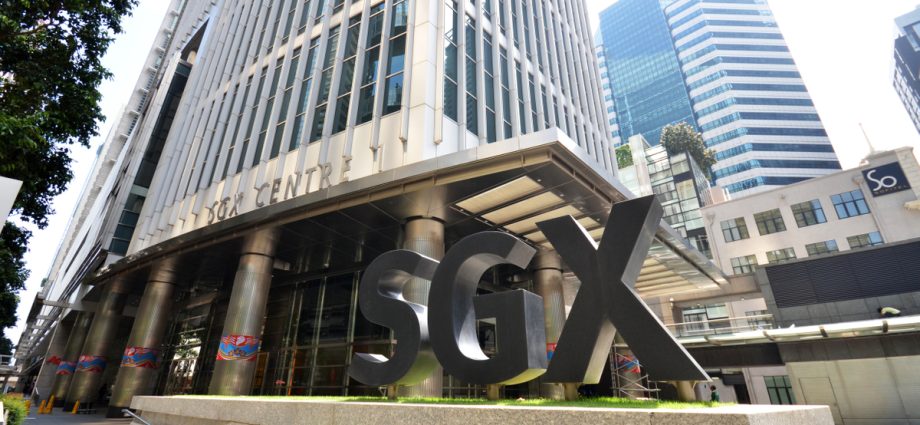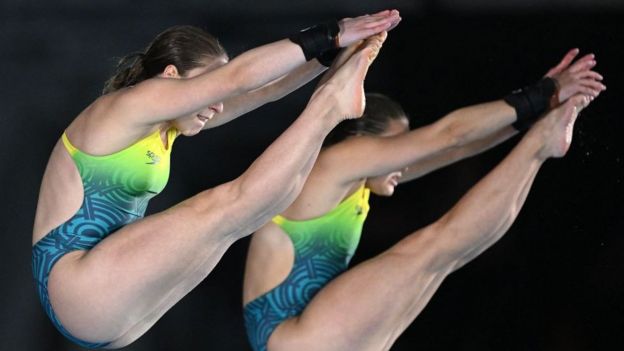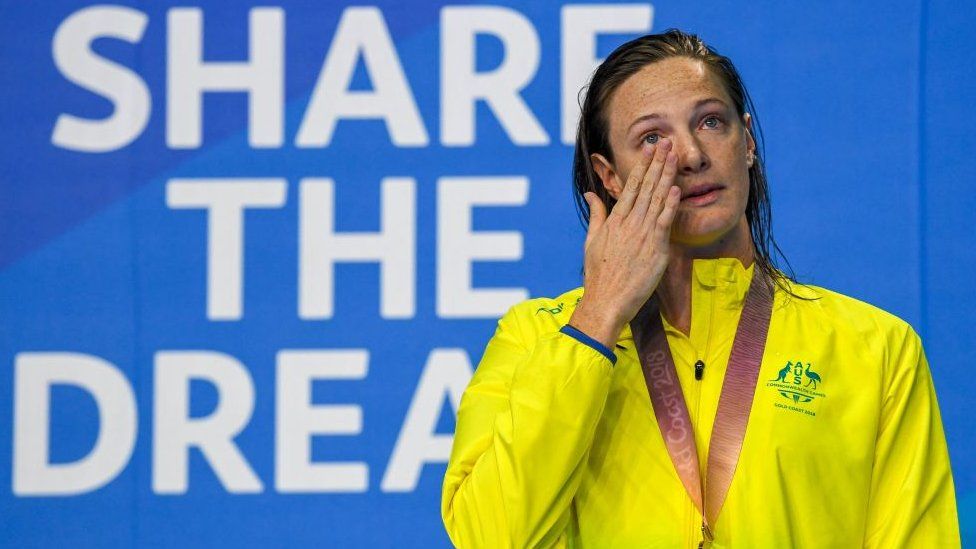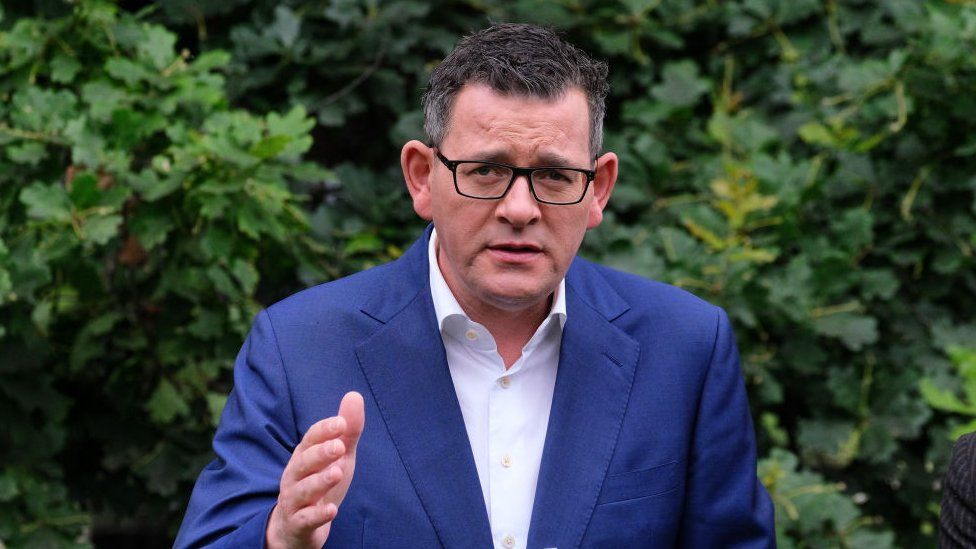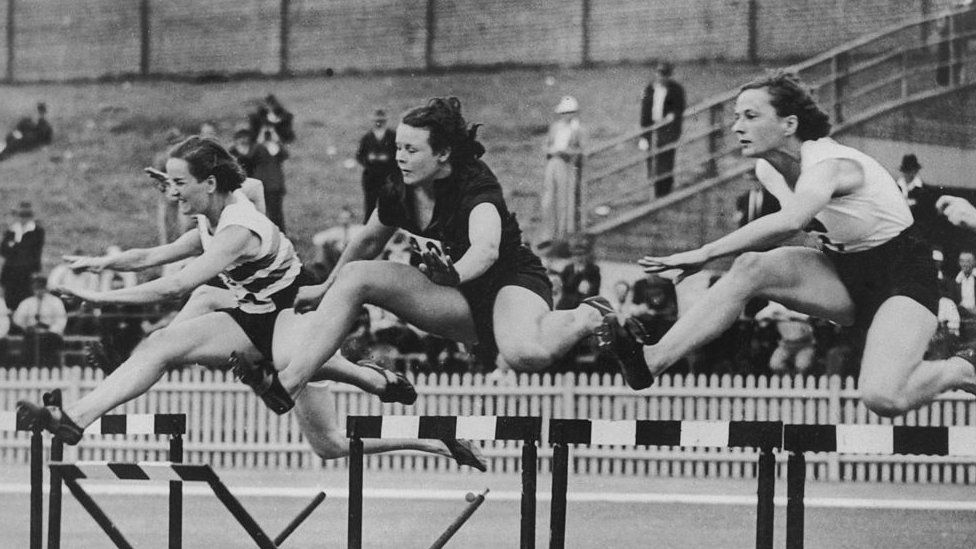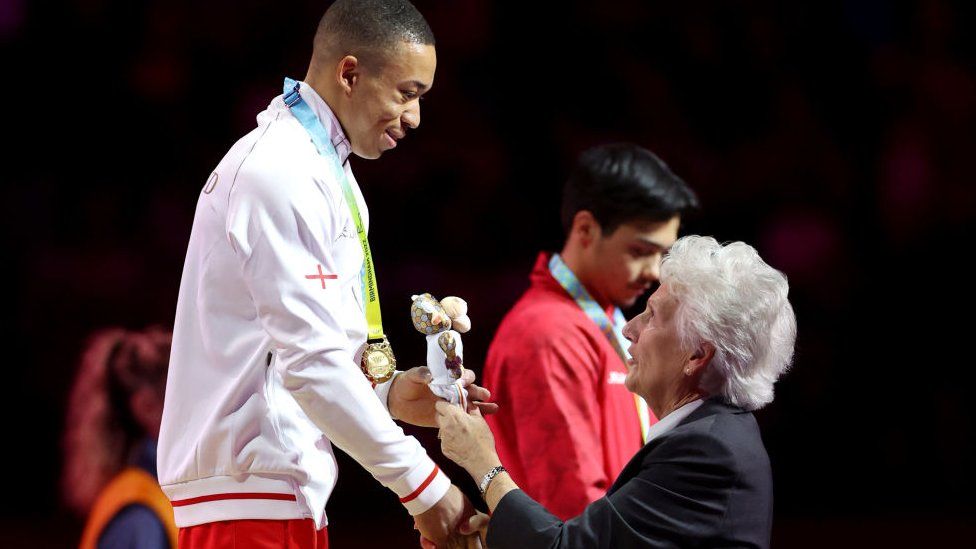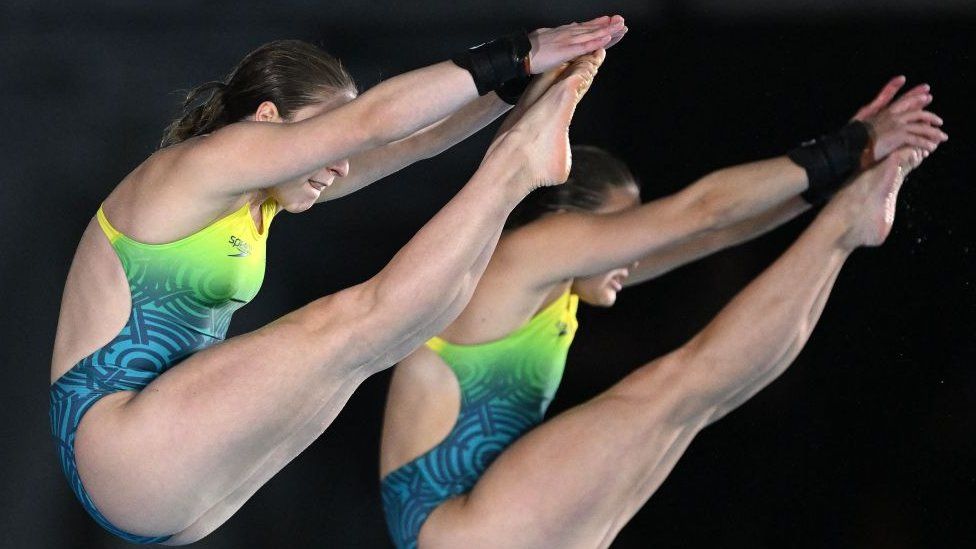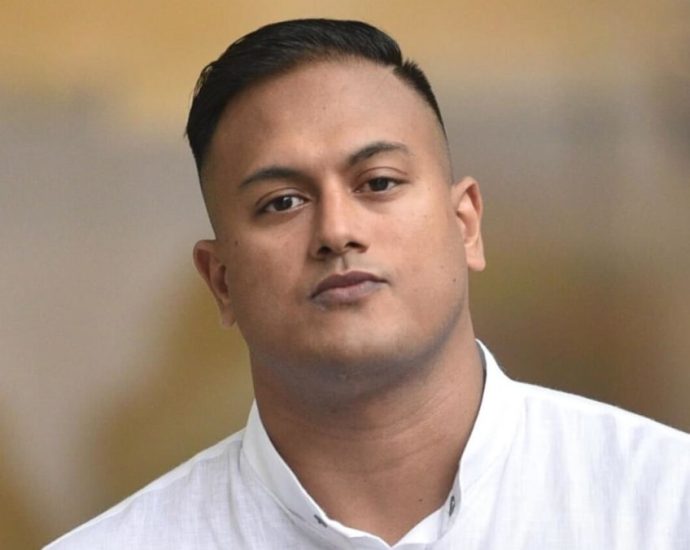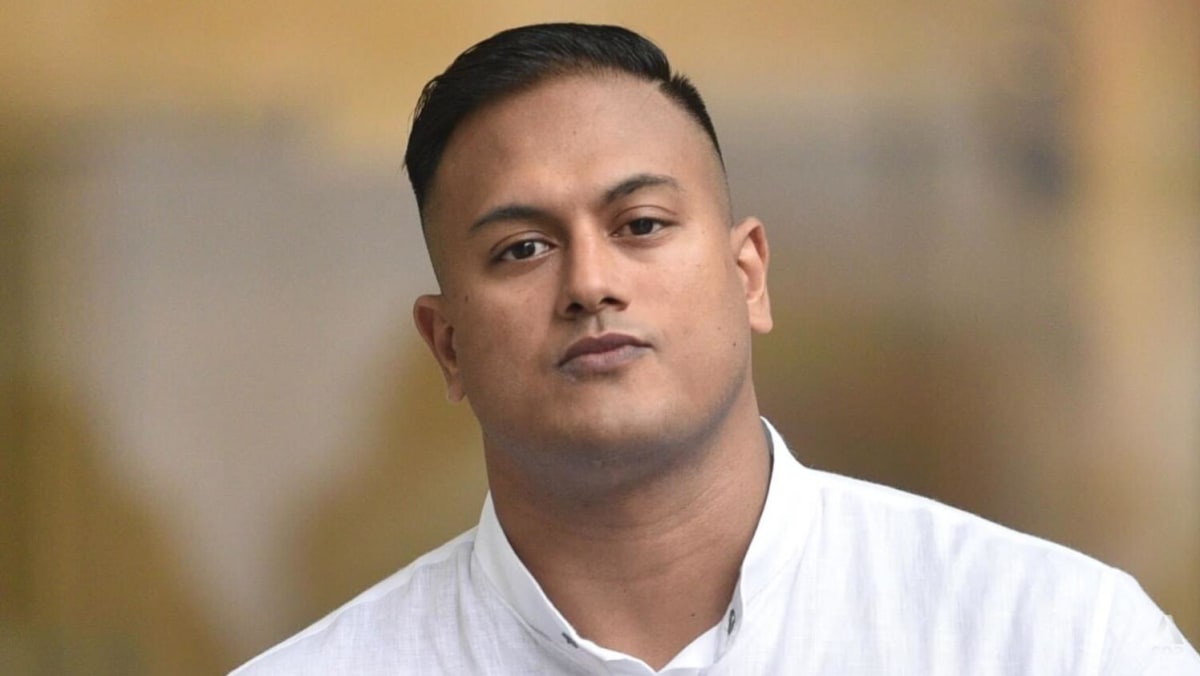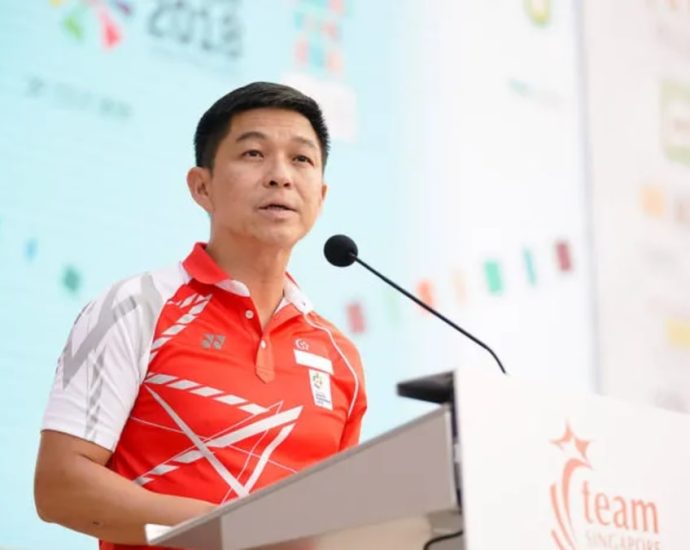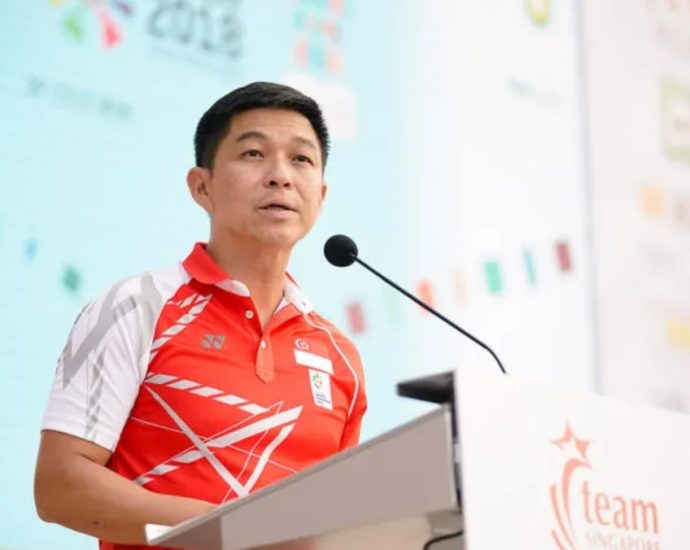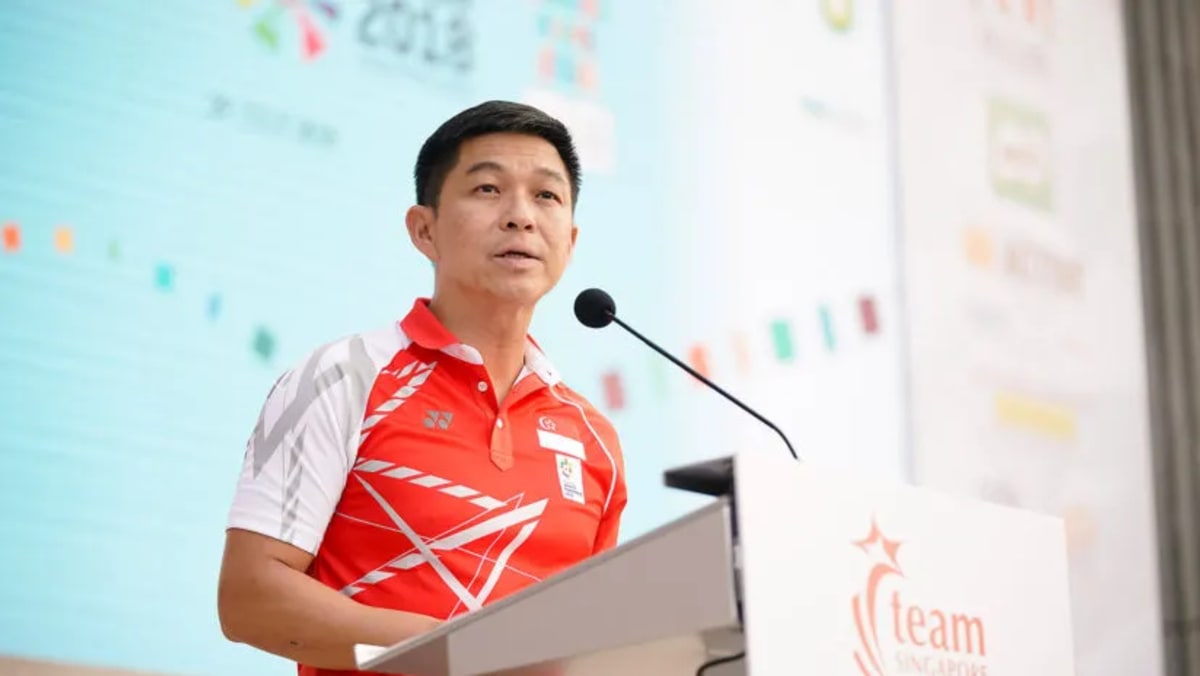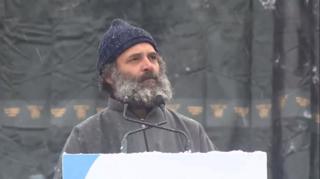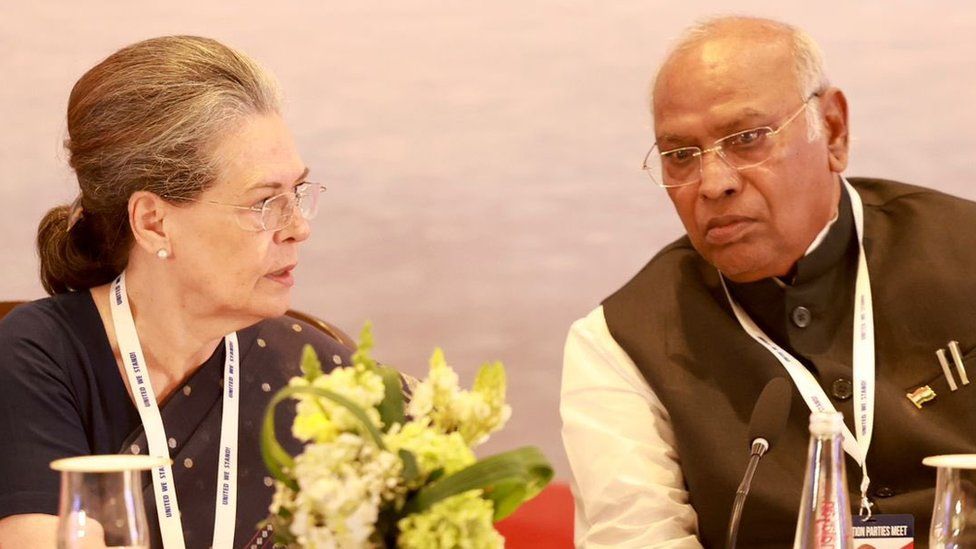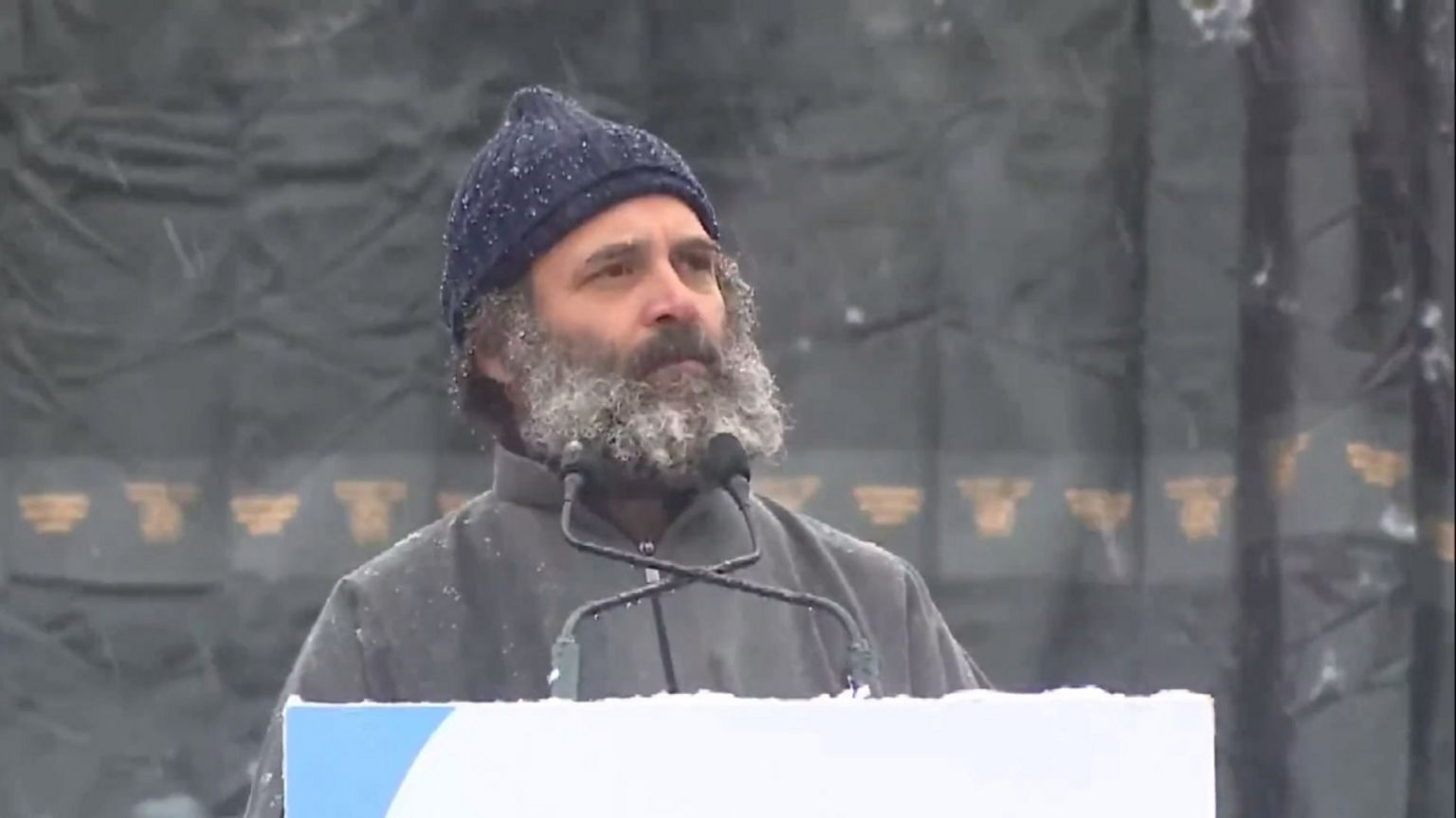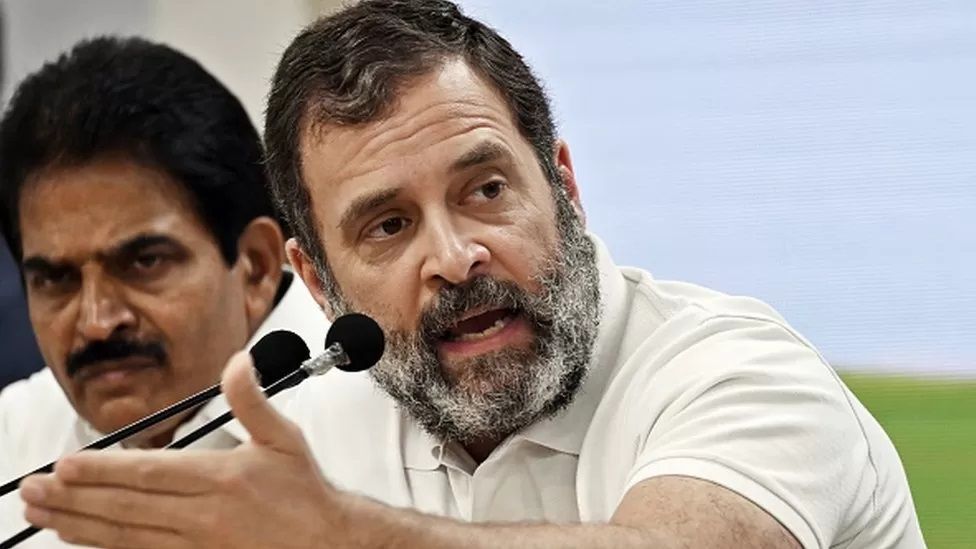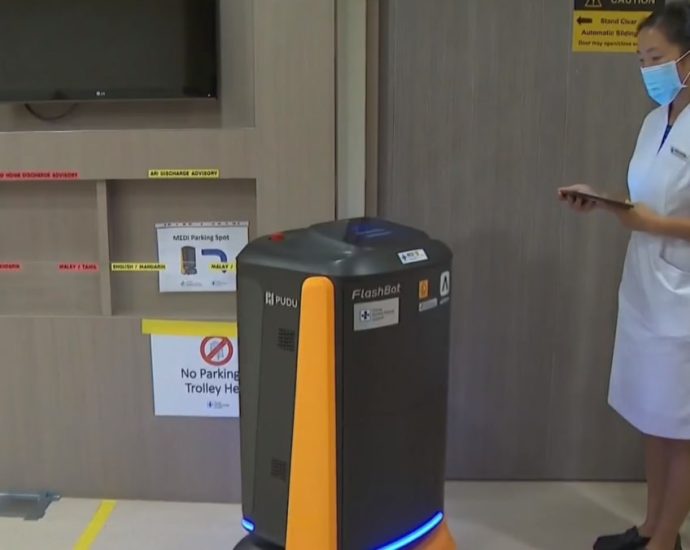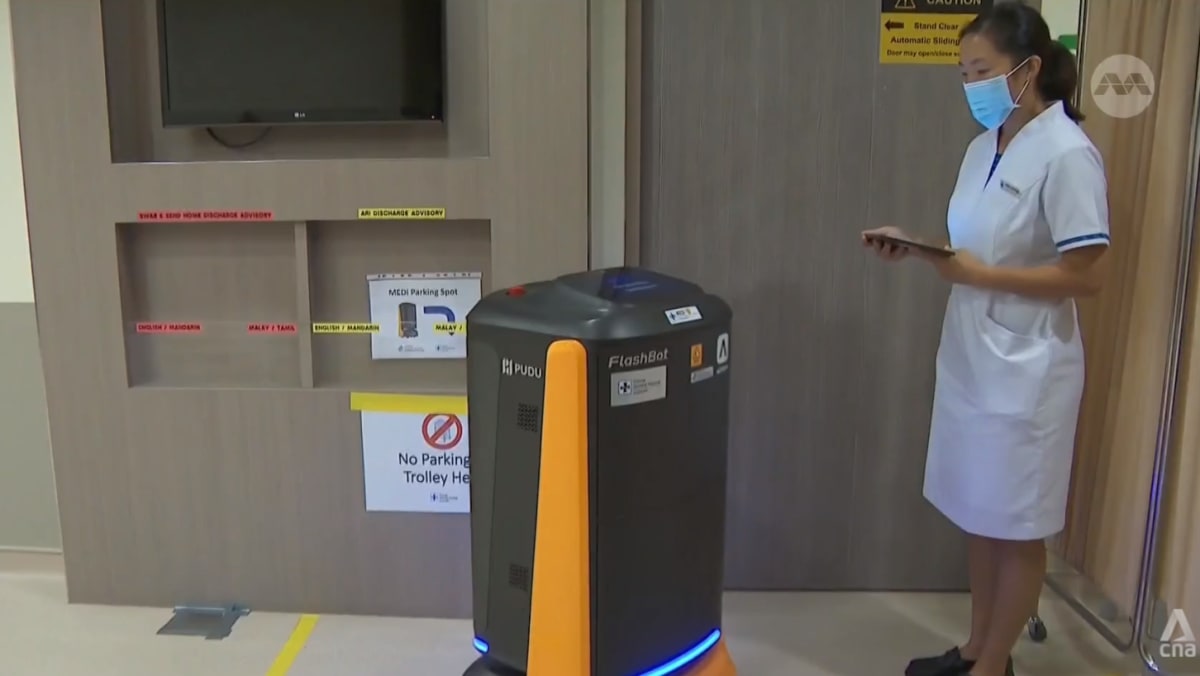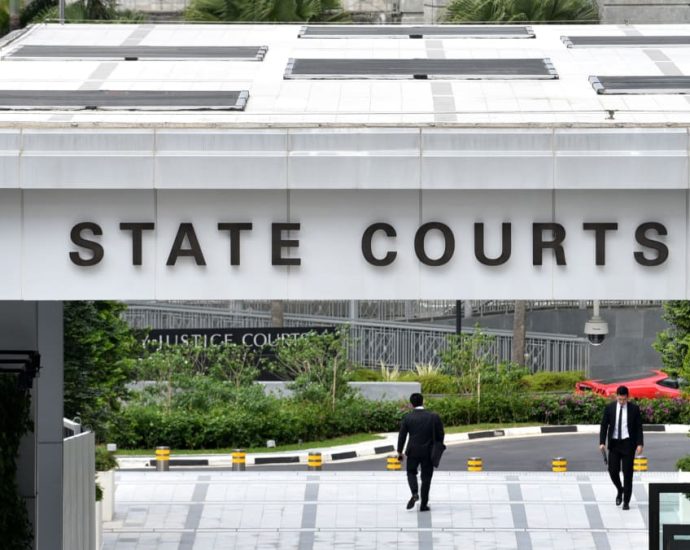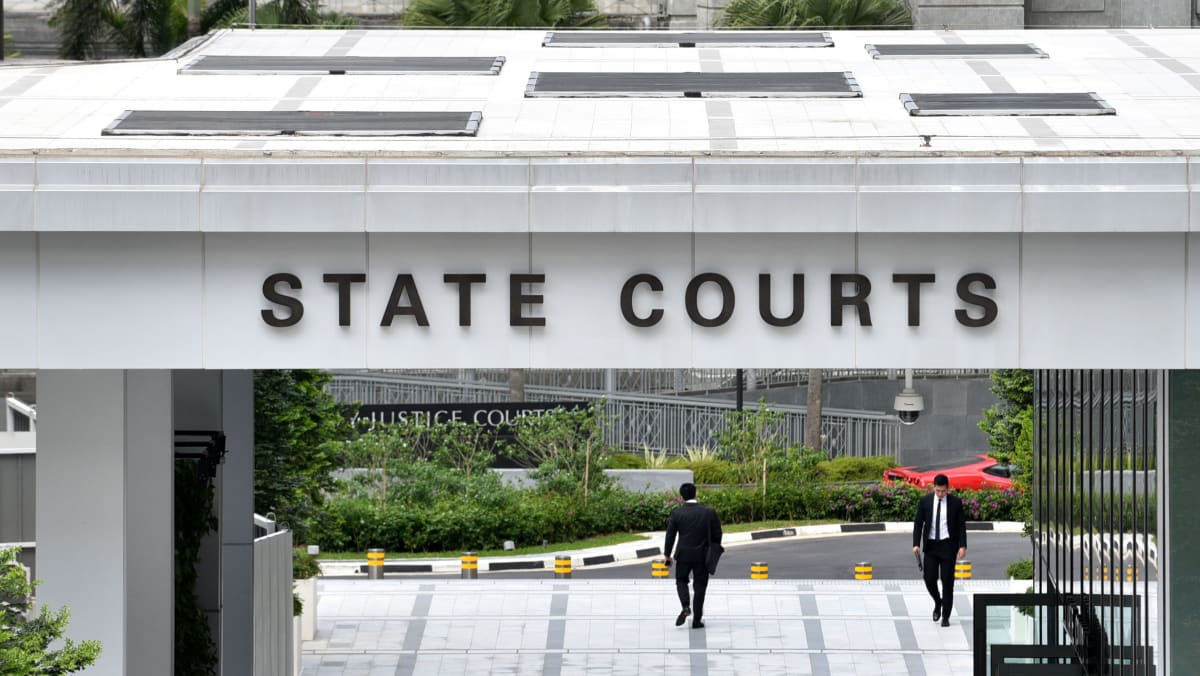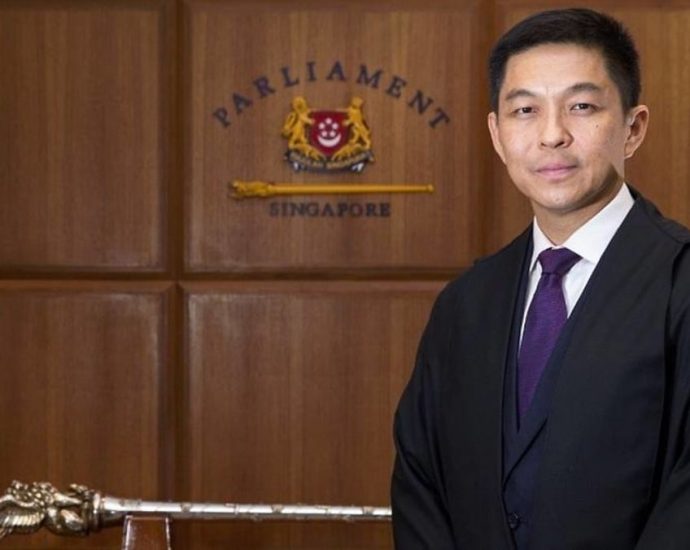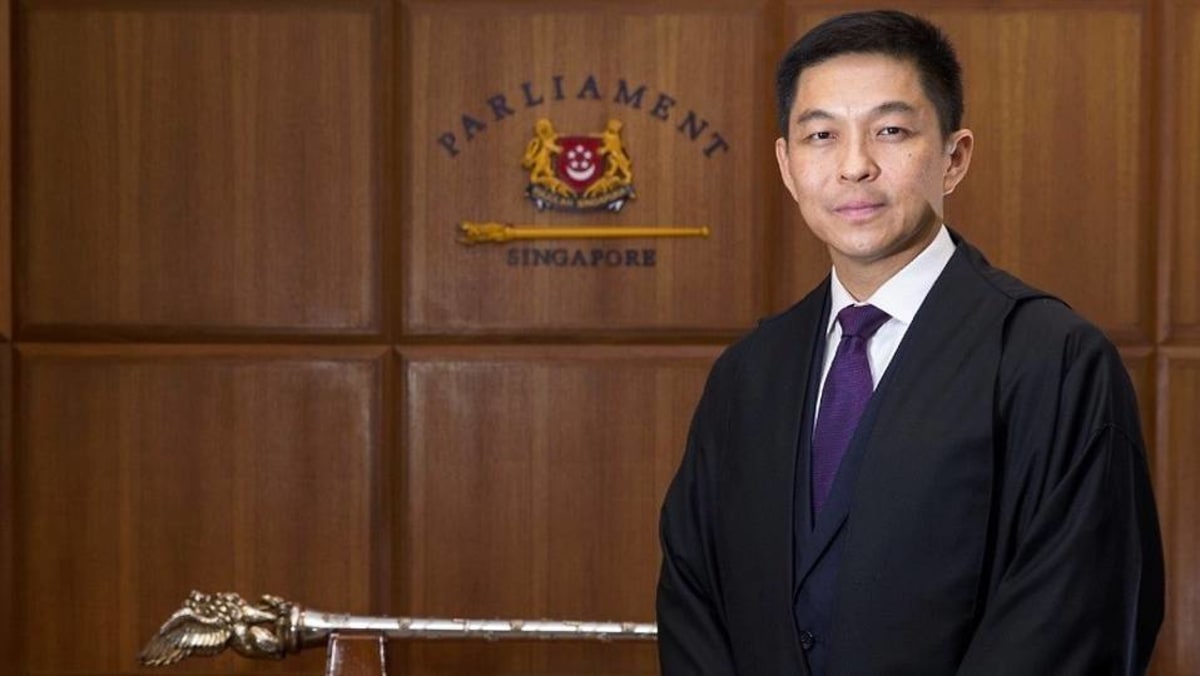Singapore launches mandatory climate reporting consultation | FinanceAsia

Earlier this month, Singapore’s Accounting and Corporate Authority (Acra), together with Singapore Exchange Regulation (SGX RegCo), instigated a public consultation on a proposed set of mandatory climate-related disclosures (CRDs). The two bodies partnered in June 2022 to form Singapore’s Sustainability Reporting Advisory Committee (Srac).
The public consultation runs from July 6 until September 30, during which the public can access related documents through a portal on Acra and RegCo’s websites and submit feedback via a designated form. The two bodies (Acra and SGX RegCo) plan to consider public feedback and finalise the recommendations by 2024.
If further amendments are proposed to listing rules around sustainability reporting, a separate consultation will launch before the end of the year, SGX RegCo added in a press release.
The mandatory CRDs will require issuers listed on the Singapore Exchange (SGX) to report their climate impact in line with the standards set by the International Sustainability Standards Board (ISSB), starting from financial year 2025 (FY2025).
Similar requirements for large non-listed companies with annual revenue of over $1 billion will be mandatory starting from FY2027, according to the recommendations. In doing so, Singapore becomes among one of the first markets in Asia to consult on CRDs that are set to affect large, non-listed companies.
“To transition to a net zero economy, we need the critical mass to move the needle. With more companies adopting climate related disclosures, we are better able to drive actions and impact to meet our climate targets and make Singapore a better and more sustainable place for our future generations,” Esther An, chair of Srac told FinanceAsia.
New requirements
The new recommendations advance the city-state’s current reporting requirements, which were initially introduced in a phased manner in late 2021 to elevate Singapore’s role in Asia’s ESG arena and to uphold its position as a global business hub.
The market’s current CRDs require listed companies active in five prioritised carbon-intensive industries (finance; energy; transportation; materials and buildings; agriculture, food and forest products) to submit data related to their corporate climate impact.
However, the proposed amendments expand these requirements to all issuers listed on the SGX.
All SGX-listed corporates will be required to report their scope 1 and 2 emissions – those direct emissions that result directly from their activity or their production processes.
Corporates will also be required to submit data around scope 3 emissions – the indirect pollutants that result from the full breadth of a company’s supply chain. However, because these involve more complex calculation, Srac is offering companies one to two years to prepare for these reporting requirements before having to submit exact data, the press release explained.
“Scope 3 emissions are typically the largest component of many companies’ greenhouse gas emissions,” An elaborated to FA.
“To facilitate companies in making the disclosure, the ISSB standards have provided relief. For example, the standards allow the use of estimates to prepare this disclosure when the information cannot be obtained without undue costs and efforts,” she explained.
External assurance on scope 1 and 2 emissions provided by Acra-registered audit firms will be expected from all listed firms starting FY2027, and from large non-listed companies starting FY2029, according to the recommendations.
Dominoes
Commenting on the new disclosure requirements, Helge Muenkel, chief sustainability officer at DBS Bank told FA, “By starting with economically significant non-listed companies in Singapore, the goal is to eventually create a domino effect with better quality ESG data across the value chain, especially in relation to scope 3 emissions.”
As a Singapore-headquartered lender, DBS has been an active participant in Singapore’s sustainability effort. The bank announced in early July that it had upskilled over 1,600 institutional banking relationship managers and 170 credit risk managers to deepen their knowledge of sustainable financing practices, in order to better help corporate clients navigate the sustainability landscape.
Last September, market regulator, the Monetary Authority of Singapore (MAS) and SGX collaborated to launch a platform, ESGenome, aimed at enhancing companies’ ESG reporting processes, FA reported. The assistance provided by the capability includes processes for sustainable procurement across supply chains.
To further facilitate large non-listed companies that are new to climate reporting, Srac suggests that scope 3 emissions need only be disclosed in the third year of mandatory reporting, An added.
The Srac team confirmed that mandatory CRDs for large non-listed companies with revenue over $100 million is set to commence from FY2030, but this timeline will be further reviewed in 2027, depending on the outcome from implementation of the current recommendations.
“With more countries pledging for net zero and the rising carbon cost globally, climate strategy and reporting can help companies, listed or non-listed, to mitigate and adapt to risks in the transition to a low carbon economy,” An said.
Whether the requirements will expand to include other aspects of ESG-related reporting remains undecided. The recommendations begin with CRDs as a starting point, An said, emphasising the urgency to combat climate change.
¬ Haymarket Media Limited. All rights reserved.

